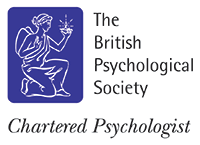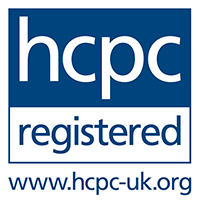What are the Standards for Expert Witnesses in Children’s Proceedings?
Following a consultation period between 16 May to 18 July 2013, new standards for experts working in family proceedings relating to children became law. All experts must now comply with the following standards:
1) The Expert’s area of competence is appropriate to the issue(s) upon which the court has identified that an opinion is required, and relevant experience is evidenced in their CV.
2) The expert has been active in the area of work or practice, (as a practitioner or an academic who is subject to peer appraisal), has sufficient experience of the issues relevant to the instant case, and is familiar with the breadth of current practice or opinion.
3) The expert has working knowledge of the social, developmental, cultural norms and accepted legal principles applicable to the case presented at initial enquiry, and has the cultural competence skills to deal with the circumstances of the case.
4) The expert is up to date with Continuing Professional Development appropriate to their discipline and expertise, and is in continued engagement with accepted supervisory mechanisms relevant to their practice.
5) If the expert’s current professional practice is regulated by a UK statutory body (see appendix 1) they are in possession of a current licence to practise of equivalent.
6) If the expert’s area of professional practice is not subject to statutory registration (e.g. child psychotherapy, systemic family therapy, mediation, and experts in exclusively academic appointments) the expert should demonstrate appropriate qualifications and/or registration with a relevant professional body on a case by case basis. Registering bodies usually provide a code of conduct and professional standards and should be accredited by the Professional Standards Authority for Health and Social Care (See appendix 2). If the expertise is academic in nature (e.g. regarding evidence of cultural influences) then no statutory registration is required (even if this includes direct contact or interviews with individuals) but consideration should be given to appropriate professional accountability.
7) The expert is compliant with any necessary safeguarding requirements information security expectations and carries professional indemnity insurance.
8) If the expert’s current professional practice is outside the UK they can demonstrate that they are compliant with the FJC ‘Guidelines for the instruction of medical experts from overseas in family cases’.
9) The expert has undertaken appropriate training, updating or quality assurance activity – including actively seeking feedback from cases in which they have provided evidence – relevant to the role of the expert in the family courts in England and Wales within the last year.
10) The expert has a working knowledge of, and complies with, the requirements of Practice Directions relevant to providing reports for and giving evidence to the family courts in England and Wales. This includes compliance with the requirement to identify where their opinion on the instant case lies in relation to other accepted mainstream views and the overall spectrum of opinion in the UK.
11) The expert should state their hourly rate in advance of agreeing to accept instruction, and give an estimate of the number of hours the report is likely to take. This will assist the legal representative to apply expeditiously to the Legal Aid Agency if prior authority is to be sought in a publicly funded case.




